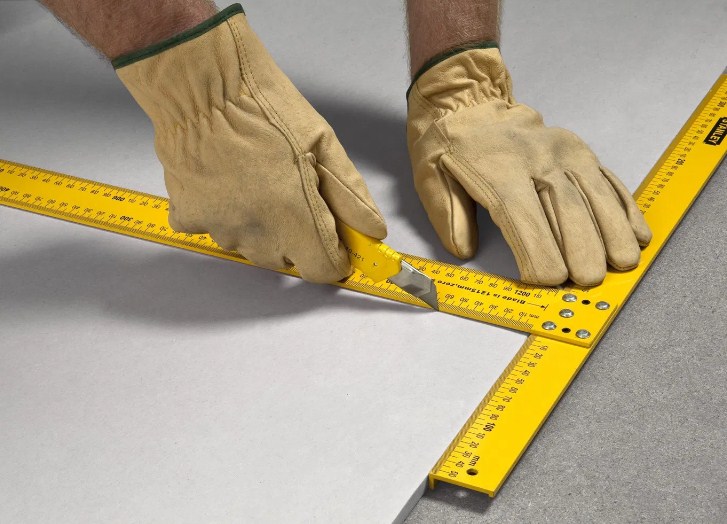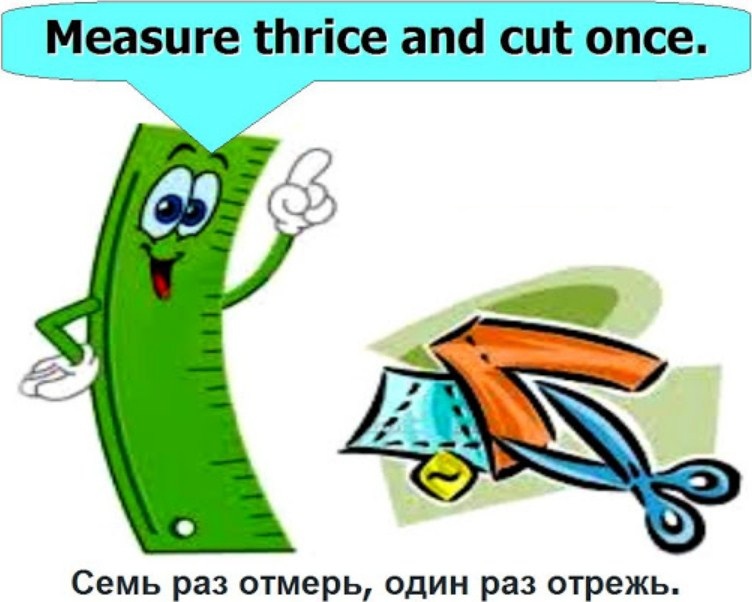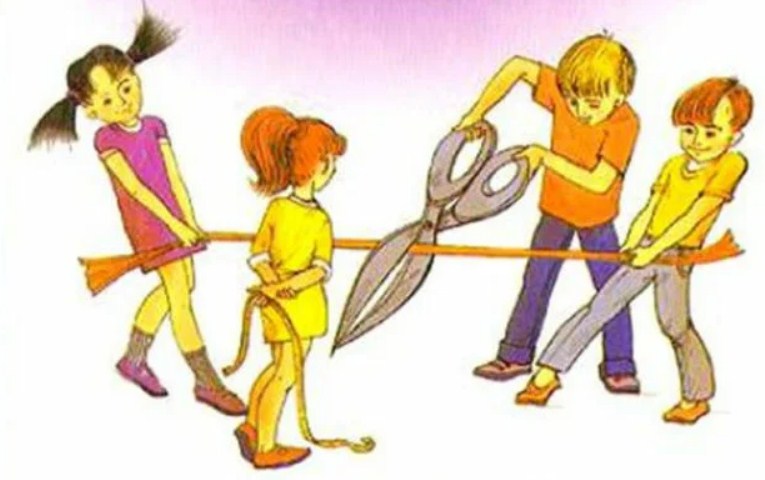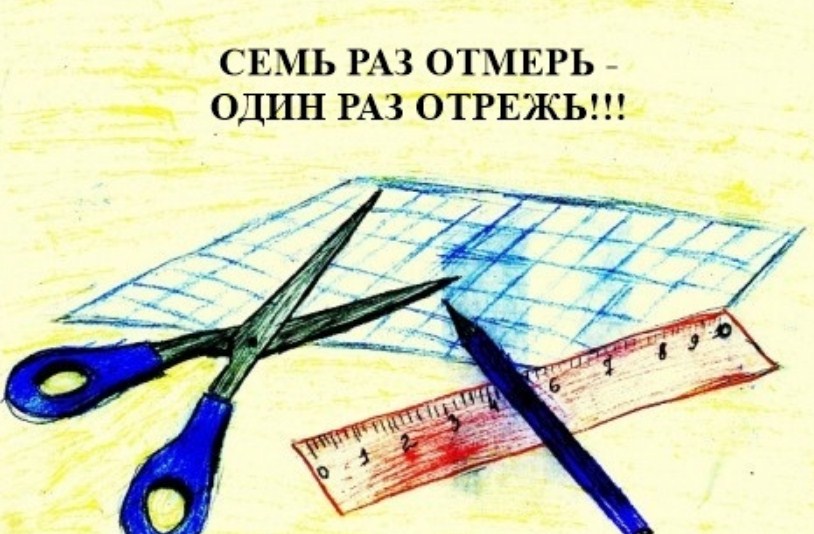Proverbs and sayings firmly entered our lives. They seem to be absorbed by us at birth with mother’s milk and become an integral attribute of our colloquial speech.
Sometimes it’s much easier to take advantage of the brief and capacious folk wisdom in order to convey their thoughts to others. And no wonder: our Slavic ancestors were very smart, quick-witted and much noticed in this life. We all should be proud of this heritage!
The meaning of the proverb "measure seven times, and cut once"
- For all centuries, Russian people rushed to extremes - what can you do here, we have one mentality. We differ from other nationalities extreme maximalism, often expecting all kinds of benefits from the life of all kinds, without making special efforts to this. That is why some “hot heads” rush into all kinds of adventures instead of painstakingly improve their well -being. However, that in any matter, sanity is the most important thing, it is always necessary to remember.
- This is what is being discussed in the proverb "measure seven times, and cut once once." She seems to warn us all: do not make spontaneous decisions, weigh all your steps, calculate the possible options for all your actions.

- So it can tell the mother to her son, who was going to connect herself with the bonds with his chosen one. That is, he should not rush to him, you need to take a closer look at her at first, and only then make a marriage proposal.
- This idiom is quite appropriate in business business, which almost always needs to calculate all risks. An experienced businessman will certainly do so, but the beginner - impulsive and enthusiastic - maybe "chop fires." It’s good if such a person who warns him comes across his life path: “measure seven times, and cut it off once,” and he will listen to this advice.

Where did the proverb “measure seven times, and cut it off once”?
- It is impossible to say exactly where the roots of the proverbs grow “measure seven times, and once cut it off”-this secret is covered with a centuries-old curtain, and therefore it is unlikely that even the most painstaking historian will ever be able to get to the bottom of the truth.
- However, the famous author of one of the dictionaries of the Russian language IN AND. Dal He expressed his vision of the emergence of this proverb. He was sure that she appeared thanks tailor, After all, having begun to cut a fabric with an incorrectly applied pattern, it can be ruined. And worth this fabric earlier very expensive! Therefore, tailors and stated, it is better not to rush, and several times to measure and calculate everything, and only then take up the scissors.
- But, by the way, this idiom is quite appropriate and during work locksmith, and turner, And everyone else. For example, a journalist should think a hundred times before taking his material to print-because his article can be unreasonably and painfully injured. And many of their affairs should be subjected to the same principle - think, weigh, And then to do something, but in any way. In order not to bitterly regret subsequently about your rash steps, do not “chop off your shoulder”, be long -sighted!

Do you know that initially a completely different figure was mentioned in this folk teaching? And it sounded like this: "Just measure - once cut it out." This meant that every business should be thought out as carefully as possible, and only then take up work - so that later it would not be possible to redo it. But the reality turned out to be completely different: our man and “once” are incompatible concepts among themselves. That is why now he prescribes popular wisdom to the Russian as many as 7 times to try on everything (i.e. to think) instead of one, as it was before.
We will also talk about proverbs:
- "Do not count your chickens before they are hatched"?
- "On a thief and hat is on"
- "The business is time, fun"?
- "On someone else's misfortune happiness can not be built"
- "Both the wolves are full and the sheep are intact"







